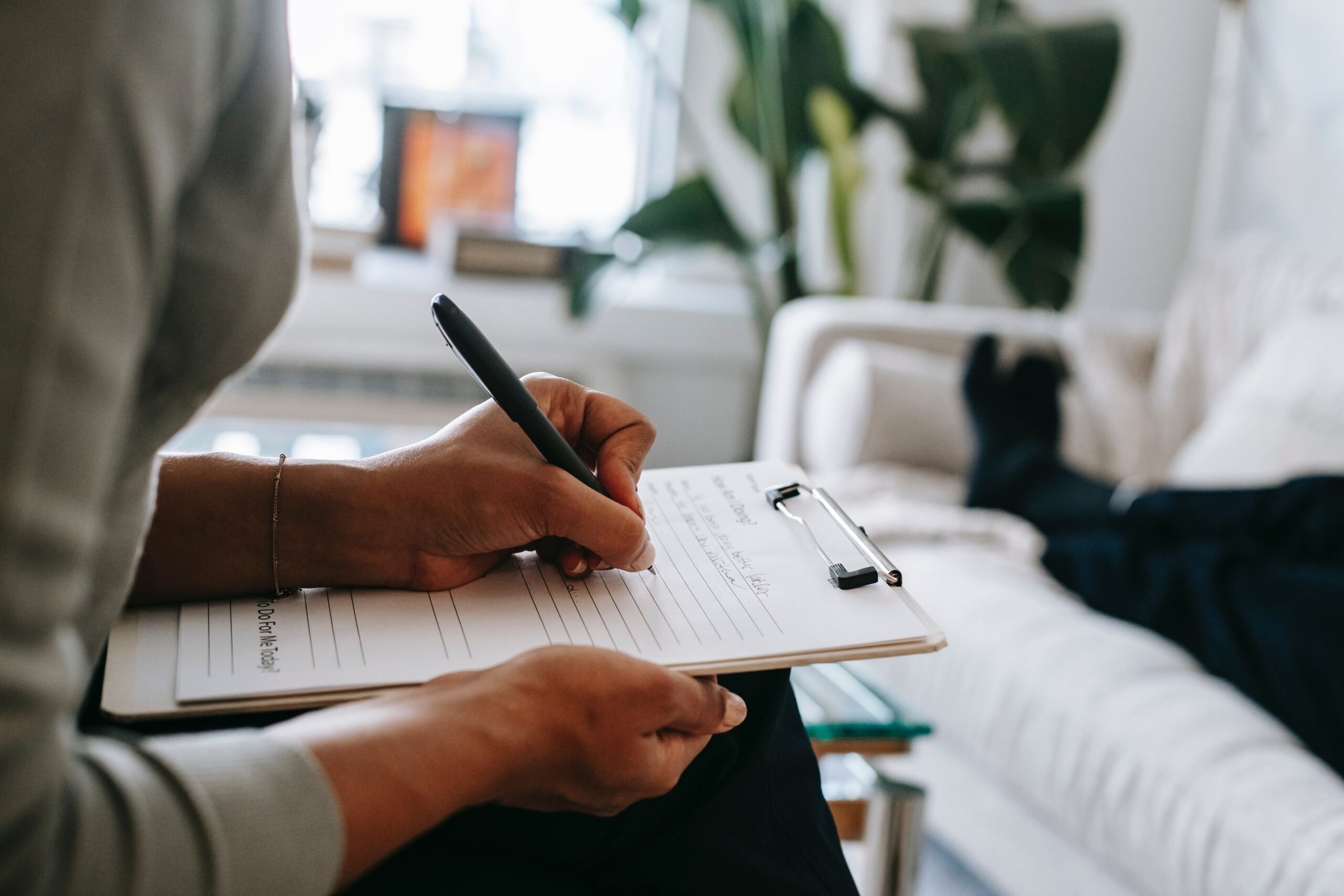So you’ve been referred for “psych testing.” What exactly does that mean? It means that a mental health professional, like a therapist, psychiatrist, or social worker, wants more information about your functioning. They might want to know about your thinking, attention, memory, or something else having to do with your brain. They might want a clearer picture of your symptoms, like anxiety or mania. Or they may just want another professional to weigh in. After all, it never hurts to have second set of eyes.
At this point, you’re probably wondering what to expect. What is your role in the process? Is there anything you can do to be prepared? Here are five things you can do to get the most out of your psych testing. These are all actions you can take that will give you the best chance at a helpful outcome.
1. Bring an open mind
This is #1 for a reason: it’s crucial! Often clients have some idea of what they think the problem is. That’s fine! I believe that clients are the expert in their own experience.
Psychologists spend anywhere from 4-7 years in graduate school. They have to receive training in a wide range of different disorders, and they have to be able to consider all the possible reasons a client is struggling. Sometimes there is more than one factor at play. If you don’t let the psychologist working with you do their own detective work, you risk missing out. You might not get to hear the ideas and insights that come out all that training, education, and experience. If you’re going to put in the time to get tested, you want a helpful result. Rather than going in trying to get a certain answer, it’s best to lay everything out on the table and then listen with an open mind.
2. Dig up your history
No, I don’t mean to relive every traumatic thing you’ve ever experienced. (Please don’t!) I mean, look through the records you have and bring them to the appointment. Psychologists will want to see previous evaluations, legal paperwork, report cards, teacher comments… anything that will give a glimpse into your history. It’s like having a time capsule and helps us get a good sense of what you were like at other points in your life. So call Mom (if you’re on good terms) or head down to the basement and look through those old file folders.
3. Set up like it’s a job interview
In my practice, we do the clinical interview over telehealth. In preparation, I really appreciate when clients are fully awake (hello!), dressed (um…), and ready to go. You should be sitting up, at a desk or table, and preferably logged on to a laptop, rather than a tablet or a phone. Eat a meal or snack beforehand and bring a glass of water. I have a million questions for you, so if we don’t start strong, we might run out of time.
I don’t mean, however, that you should be presenting only your best self like you would in a job interview. It’s ok to be vulnerable, open, honest, and authentic. In fact, it helps. Just don’t log on half asleep.
4. Be honest, try your hardest
Just good life advice. But really, this is so important when you’re undergoing psych testing. See item #1 about using the opportunity to receive accurate, helpful information about yourself. Showing up honestly is going to ensure that the outcome of all this work is actually beneficial. Also, we can detect when clients aren’t being totally honest or aren’t giving it their best shot. It’s awkward to have to explain that we can’t do anything with the results because they don’t seem to represent what’s really going.
Every psychologist I know (myself included) went into this profession to help people. So trust us! Give us your most honest answers and put your best efforts into the tests. You’ll be glad to know the results reflect the real you.
5. Get feedback, give feedback
At the end of the testing, the psychologist will sit down with you and review the results. This is called the feedback session. It’s a chance to hear the doctor’s opinions about what is going on. You will learn about your strengths, abilities, gifts, and the unique things that make you who you are. You will also hear about your challenges and areas of weakness. Everyone has these. Knowing them allows you to go forward with the best information to help you succeed.
While you will be getting feedback, you should also feel like you can give feedback. This can be as simple as asking for a bathroom break during testing when you need one. Or you might need to correct a misunderstanding about something in your history. We want to be helpful (see #4). So having a misconception about you won’t lead us to accurate take-aways. Speak up! And if you feel that the psychologist is not taking you seriously, respecting you, or being thorough, say so… and maybe get a second opinion.
If you follow these 5 suggestions, you will be set up for success and able to receive accurate information about your mental health. Investing in your wellbeing is becoming more and more important. Psych testing offers the chance to have an in-depth review of your clinical picture and an opportunity to re-evaluate your treatment plan. But only if you go in with the right approach.

